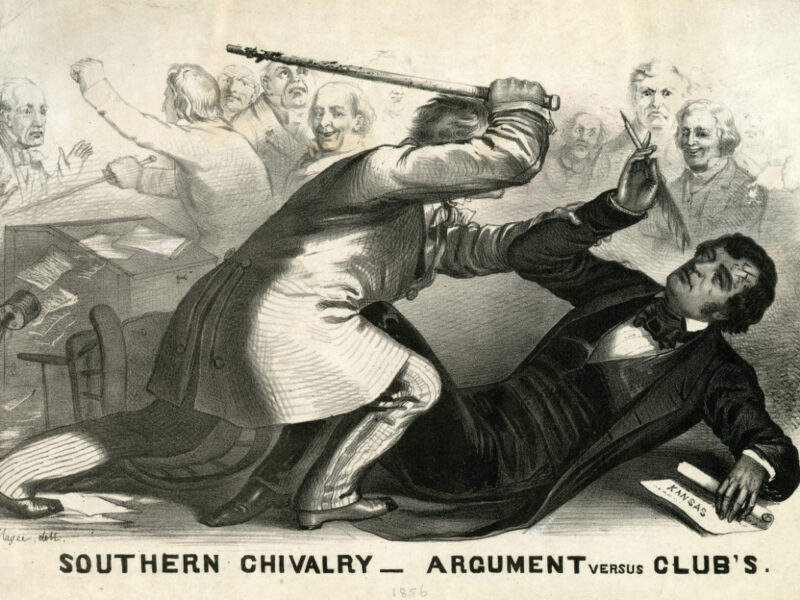An absconded defendant is still sentenced to the prevailing policy at the time of the offence commission, even though the sentencing guidelines have changed.
In WKCC 4843/2022, Mr Gordon Chan represented an absconded defendant following a surrender to the police station.
The defendant was charged with trafficking in herbal cannabis in 2022 of about 400g. He pleaded not guilty in person, and a trial was fixed. Whilst on court bail, he failed to attend the trial and had since absconded for one-and-a-half years. In November 2024, the defendant was brought to court following his surrender, pleaded guilty, and sentenced.
The applicable sentencing guideline in 2021 for cannabis is AG v Tuen Shui Ming [1995] 2 HKC 798, where the Court of Appeal set down the bands for cannabis resin while giving allowance for herbal cannabis due to the lower THC content at the time, statistically about one-fourth. In HKSAR v Chor Lui [2001] 3 HKLRD 95, it was held that for herbal cannabis at the lowest end of the bands, the mathematical starting point of the sentence should be one-fourth of the Turn Shui Ming guideline as a benchmark. Thus, the former sentencing policy that prevailed is:
Under 2,000 g – Up to 4 months
The Court of Appeal laid down a new sentencing guideline for cannabis in HKSAR v NGUYEN Thang Loi [2023] 1 HKLRD 1329, where one significant change is the alignment of sentencing between herbal cannabis and its resin. There is no longer any difference between the two types of cannabis. Thus, the present sentencing policy is:
Under 2,000 g – Up to 16 months
As a general principle, the sentence for an offence should accord with the practice that prevailed at the time of the commission of the crime, which is set out in R v Chu Chi-yat and Ors [1993] 2 HKCLR 1. Chu Chi-yat is concerned with the updating of sentencing guidelines in 1990 on heroin before passing sentence.
It is also interesting to note that even if a defendant chooses to flee the jurisdiction and returns much later to “face the music”, he may still expect to receive a penalty which reflects the sentencing policy at the time of his crime. HKSAR v Ling Man-foon CACC 222/2004 is one such example, where the defendant absconded for over 20 years after chopping an acquaintance of his wife.
In this case, the Court accepted the above principles and sentenced the defendant to 2 months imprisonment after his belated guilty plea and mitigation.
Even if a new sentencing guideline is laid down, the former guidelines may still be relevant, such as when the crime was committed at the time of a former guideline or when a defendant had absconded for a prolonged period.
Gordon Chan, Esq
Barrister-at-law, Archbold Hong Kong Editor on Public Health, and Member of the Bar Association's Committee on Criminal Law and Procedure. Specialised in medical, technology and criminal law.



